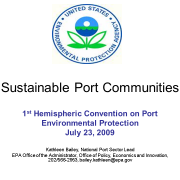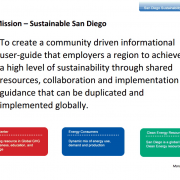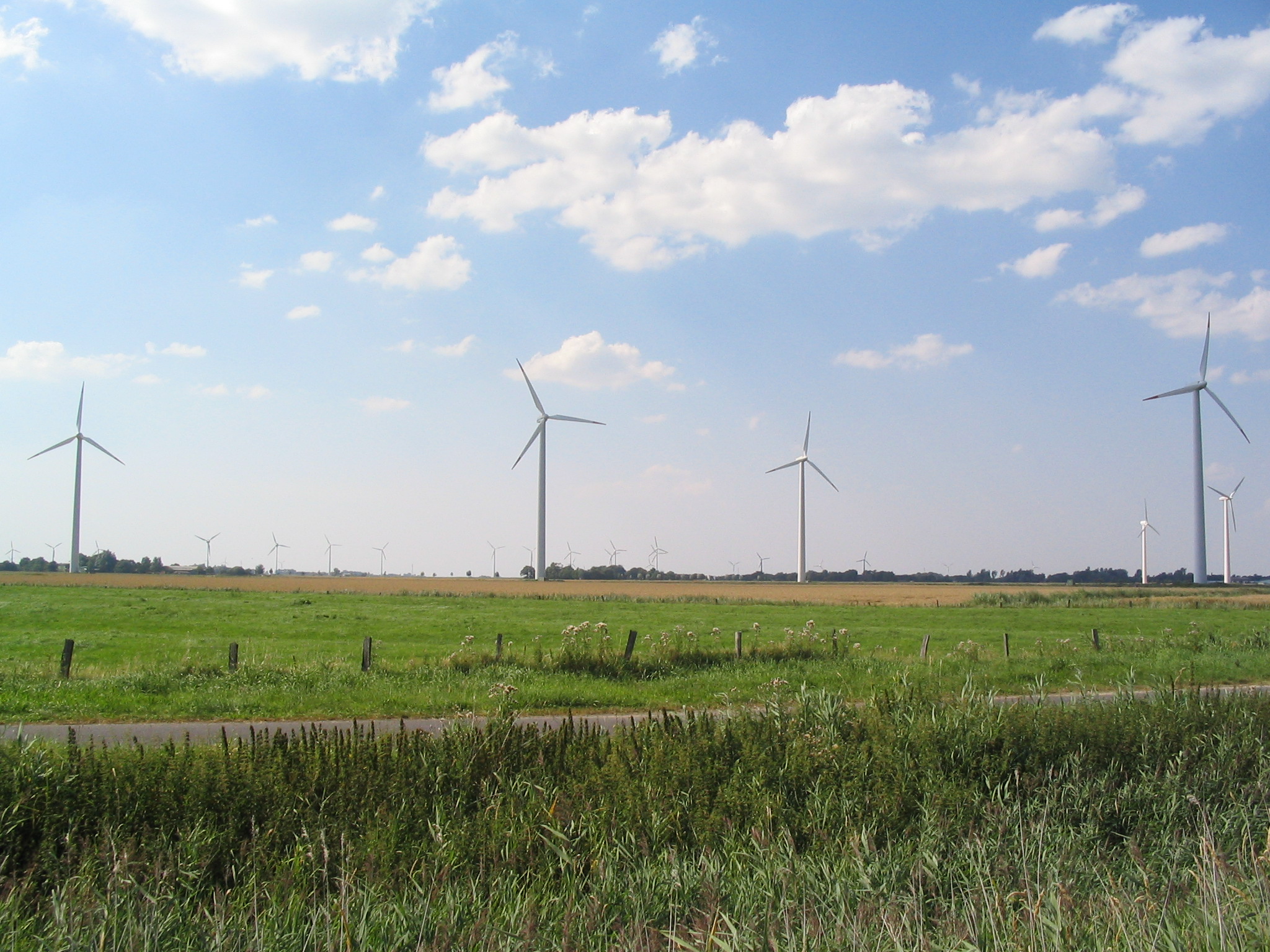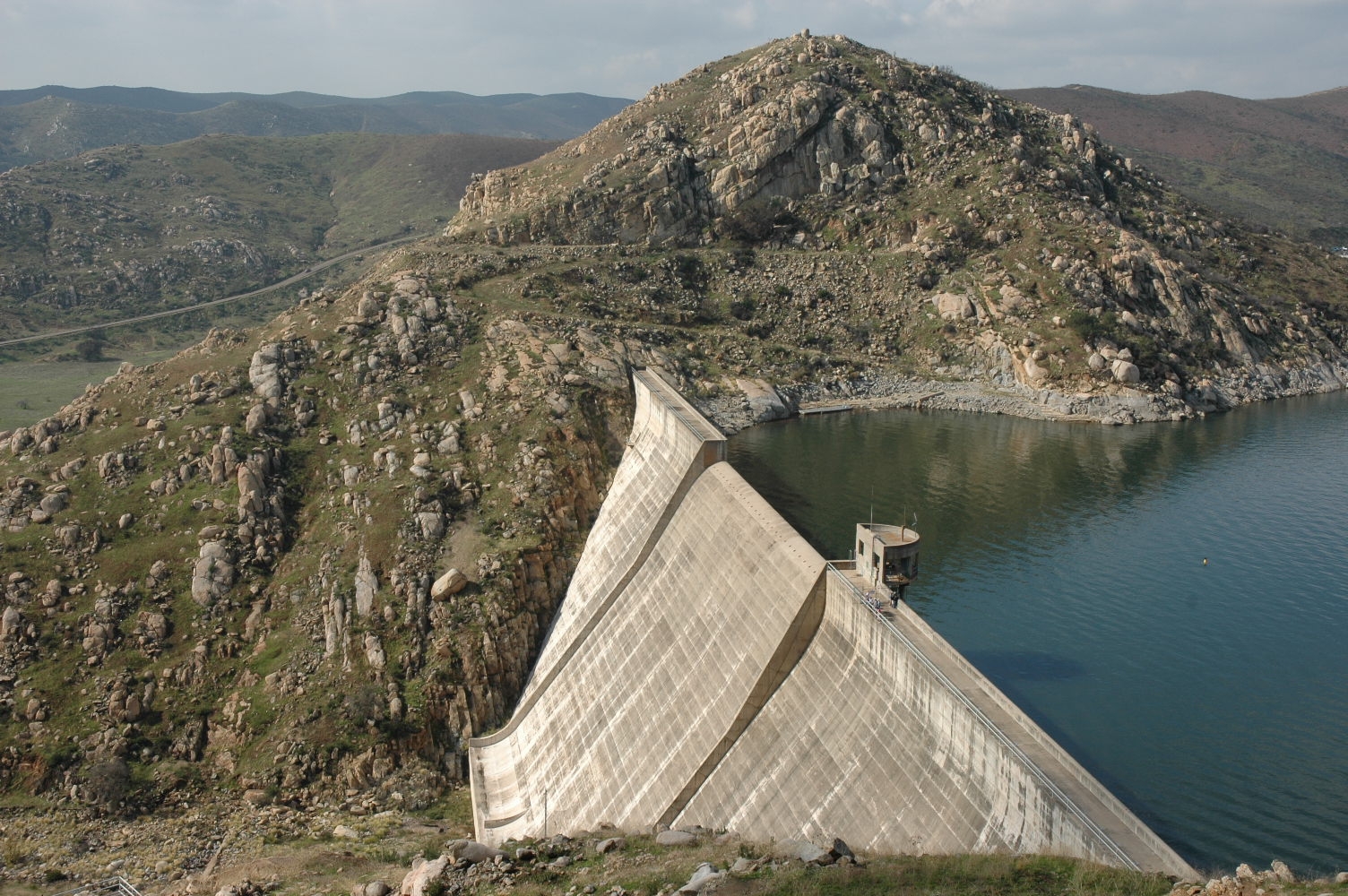Facebook Posts
San Diego's Water Supply: Is it Sustainable?
Submitted by alyssablack on
100% Renewable Cities: How Others Have Done It
Submitted by alyssablack on
San Diego Sustainability Plan
Submitted by alyssablack on
Solar–Wind Hybrid Power Plants Approximately Twice As Efficient
Submitted by alyssablack on
The Road to Self-Sufficiency
Submitted by alyssablack on
Water Authority Explores Major Hydropower Project at San Vicente Reservoir
Submitted by alyssablack on










